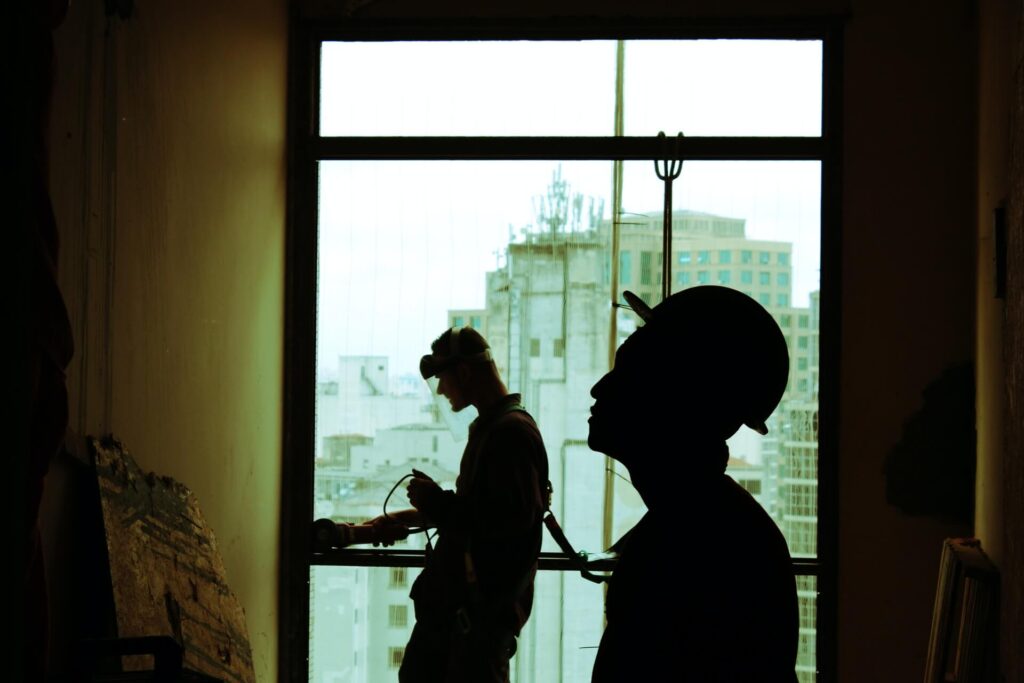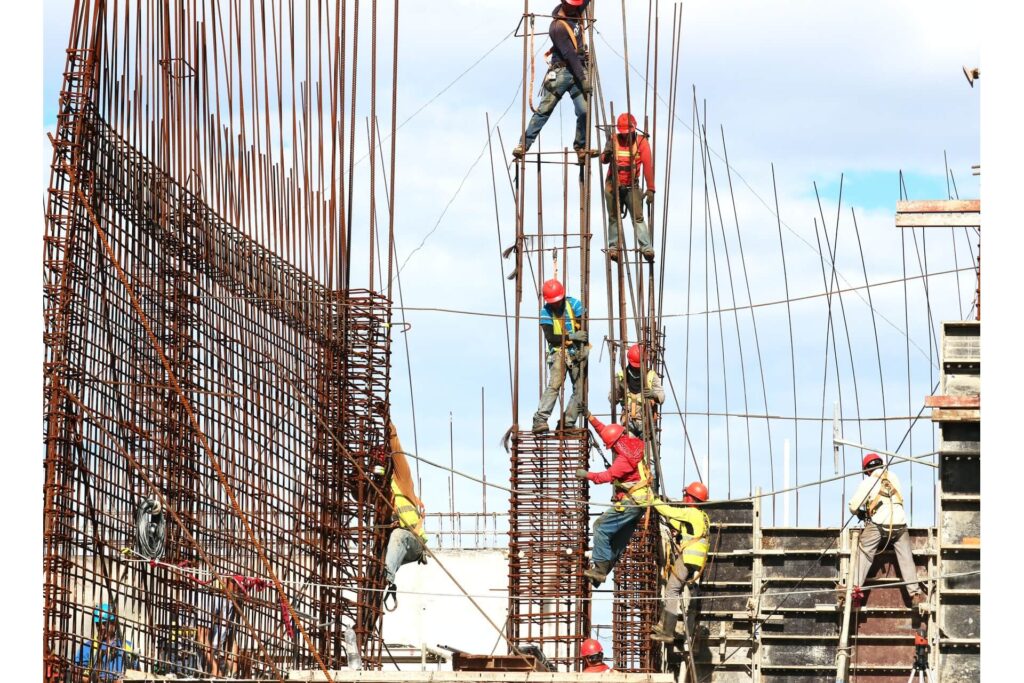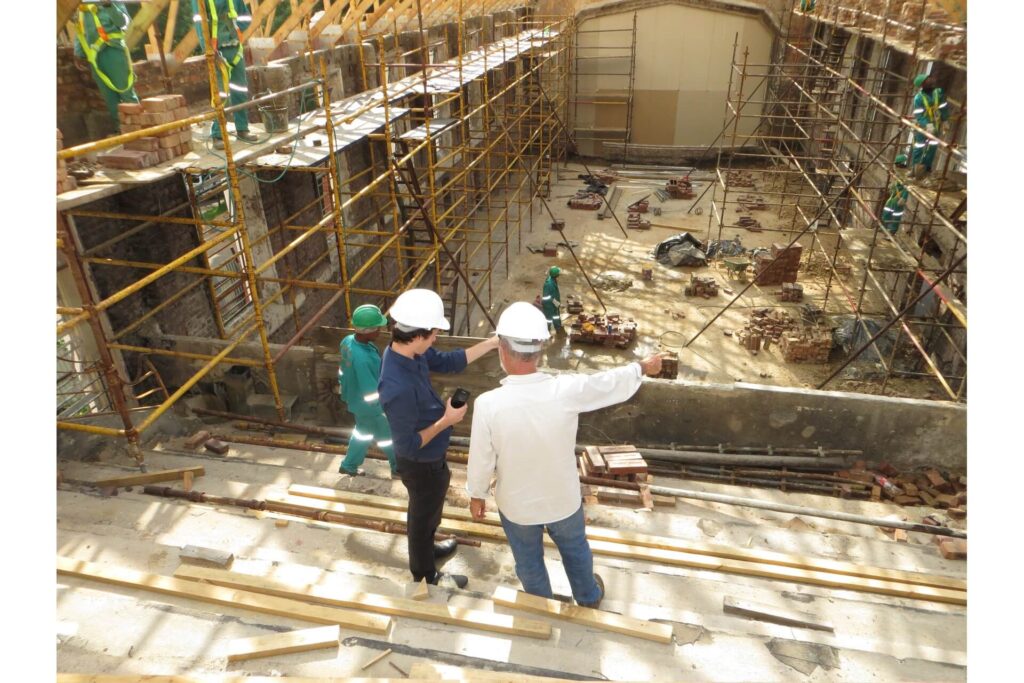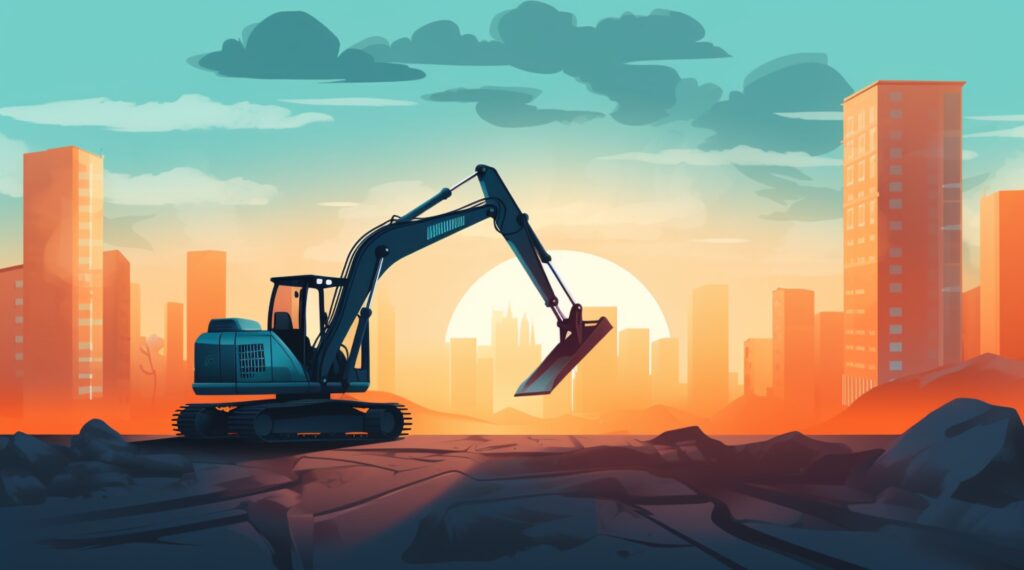Construction Manager vs General Contractor: What’s the Difference?

We are reader-supported. When you buy through links on our site, we may earn an affiliate commission.
Understanding the duties of a construction manager vs a general contractor matters — especially if you want to start a career in construction.
People in the industry call construction managers (CMs) and general contractors (GCs) interchangeably, puzzling outsiders and greenhorns in the business.
So, do these titles differ? Learn about the responsibilities of these roles and how to qualify for them.
What Is the Role of the Construction Manager?
CMs supervise construction projects from start to finish. They can wear many hats, serving as cost estimators, design advisors, procurement schedulers, project managers, general contractors, accountants or other construction experts based on the project or job site demands.
The duties of CMs and GCs can overlap. However, a CM can enter the picture during preconstruction when the project’s scope is somewhat undefined. At this stage, this professional can:
- Advise the project owner and architect on how to use and improve the site and what materials, building systems and equipment to procure from a builder’s point of view.
- Recommend ways to accelerate phased construction’s scheduling, procurement and sequencing.
- Prepare preliminary estimates and adjust them accordingly as the project progresses.
- Source specific items ahead of construction.
- Choose subcontractors the finished design requires and coordinate with them.
Once construction begins, the CM can spell out contracts, interpret technical information to other professionals and collaborate with engineers and other construction specialists. Monitoring and reporting work progress, responding to project delays and emergencies and ensuring compliance are also within the CM’s purview.
Overall, construction management helps improve the project’s budget, polish scheduling and assure quality work. The CM is part of the owner’s staff and works on a fixed fee. That’s why CMs and owners sit on the same side of the table and have mutually beneficial relationships.
Which Workers Traditionally Become Construction Managers?

The educational attainment you need to achieve to become a construction manager vs a general contractor is night and day. If you aspire to be a CM, studying a relevant field and earning a bachelor’s degree will put you in an excellent position to attract managerial prospects. Your major should include courses in the following to pursue this career and have an edge over other candidates:
- Construction methods and materials
- Cost estimation
- Project control and management
- Business
- Communications
- Mathematics
Regarding training, working under the tutelage of an experienced CM for up to 12 months or being an apprentice in a construction firm for several years will look great on your resume.
If you only have an associate’s degree in construction technology or management, you can still get hired for this position. However, you must specialize in particular trades, like masonry, carpentry or glazing, to compensate for spending less time in college. Even then, project owners may only consider you for small-scale jobs.
Having nothing but a high school diploma doesn’t automatically disqualify you for this role. It can be challenging to outshine candidates who went to college, though, so being a GC will likely be the pinnacle of your construction career than a CM.
Is a Construction Manager Responsible for Safety?

The CM is in charge of ensuring the project complies with all safety standards. Regarding site safety, the responsibility belongs to the construction safety officer or safety manager. This professional’s duties include:
- Evaluating plans and blueprints to meet OSHA regulations and avoid costly violations
- Inspecting the job site to spot hazards
- Monitoring work to ensure all construction workers observe safety practices
- Checking equipment to determine whether it’s safe to use
- Oversees OSHA audits
- Investigating accidents and injuries
- Gathering feedback from stakeholders to find opportunities to improve site safety
Even if another business leader focuses on job site safety, being a CM means creating the right culture to help keep everyone out of harm’s way.
As a CM, you must plan everything thoughtfully to minimize risk at every turn. You ensure various contractors prepare site-specific OSHA-compliant safety plans with the workers, public, owner’s staff and environment in mind.
What Is the Role of a GC in Construction?

Regardless of specialization and contract type, the GC plans, executes, oversees and inspects work, procures materials, coordinates with vendors, secures permits and updates relevant parties on the construction status.
As the head of a general contracting business, you have personnel dedicated to project planning, management and tracking, health and safety and compliance. It’s also your job to have a qualified group of superintendents and construction specialists to carry out the project’s requirements.
Occasionally, you may need subcontractors to handle specialized work beyond your crew’s competence. You must exercise due diligence to hire reputable third parties. Over time, you can build a pool of trustworthy subcontractors loyal to you who respect your project timeline and vow to deliver quality work.
Unlike CMs, GCs have competitive relationships with owners. You bid low to snag business and want to increase your profits once you have the contract, while your client hopes to keep costs down without sacrificing quality.
Repeat business can pave the way for you to be a CM. Once you build a trusting relationship with an owner, they may ask you to manage the entire construction project.
What Is the Difference Between a Project Manager and a GC?
Project managers (PMs) work behind the scenes and concentrate on providing construction supervisors and workers with the resources they need to complete the job as envisioned. They usually hire CMs and GCs on behalf of project owners. Their job description may also include:
- Selecting and analyzing a site
- Procuring the land
- Preparing project timelines and work schedules
- Managing deadlines and the budget
- Handling marketing and public relations
Formal education is optional to become a PM. However, you can take classes in construction project management, in-person or online, to become a bachelor’s degree holder and earn relevant certifications.
Conversely, GCs concern themselves with day-to-day building activities, communicate directly with construction workers and pay little to no attention to the project’s other aspects.
Although your hands won’t get dirty as a PM, you must have a broad understanding of the construction process to succeed. You must also be adept in special project management software and spreadsheets.
Having backgrounds in safety standards, laws and regulations concerning the construction industry, accounting principles and labor relations will make you effective in your job.
Construction Manager vs General Contractor Demystified
Titles in the construction industry can be confusing because many of them sound the same and can share similar responsibilities. However, the critical differences between CMs and GCs are stark enough to understand.










